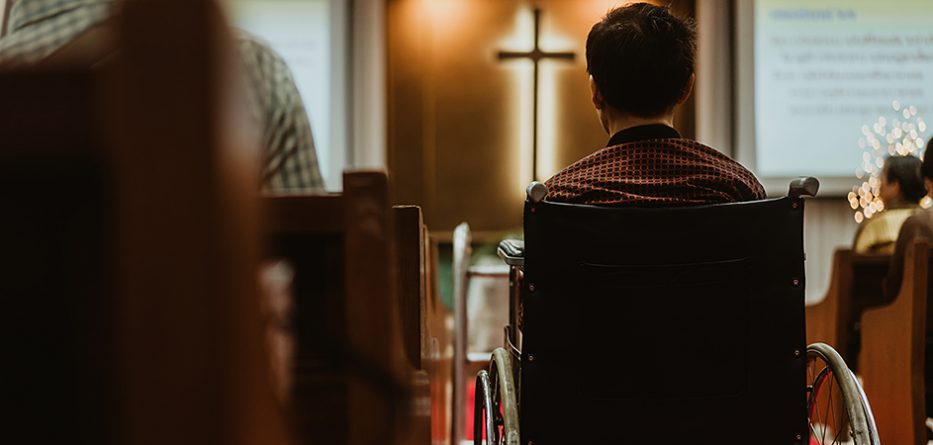The Catholic tradition understands every human life to be equal, inherently sacred and worth of dignity and respect as the bedrock of a just society. This is not a passive teaching, however, but is instead a call to create communities and social systems that reflect the underlying love and divinity of each person.
It is from the perspective that the Church criticises systems, values and structures that exclude, discriminate, hide or otherwise diminish people living with disabilities – it offends their human dignity and so is also a symptom of an unjust society.
A just society stands with (solidarity) people with disabilities and offers them with the same opportunities and respects their equality with all people, it allows them to make their own decisions in relation to their own needs, relationships and communities (subsidiarity) and does not unduly delegate their decision making power to higher authorities and governing bodies.
In a just society, people with disabilities are not pushed to the margins and impoverished but are integrated and full a part of social life and so recognised as a valuable part of the human family.
“God chose what is weak in the world to shame the strong.” 1 Cor 1:27
In 2015 Bishop Terry Brady, the then Chair for the Australian Catholic Bishops’ Conference Commission for Pastoral Life, said, “Parish communities need every person to be part of the worshipping body. A Parish is not complete or whole unless it includes, nurtures, and rejoices in each of its members. Parishes are called to be communities that gladly and authentically welcome people with disability and their families to life of the Church.”
To continue reading about what Church leaders say and do about life for people with disability, click here.
With thanks to the Justice and Peace Office of the Catholic Archdiocese of Sydney, where this article originally appeared.








